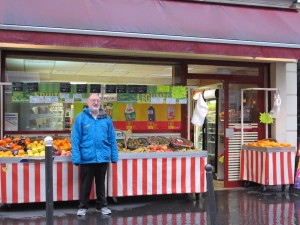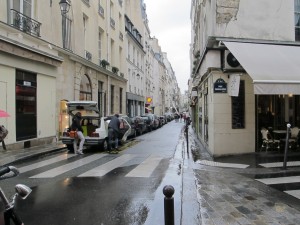First, read this (Ada Hoffman’s LiveJournal, the linky is not working in my WordPress. Arrgh.)
I heartily endorse everything she says. I am a parent of an adult diagnosed with high functioning autism/Asperger’s and am a special education professional. I go back and forth between self-diagnosing myself with high-functioning autism or ADHD.
With the possible exception of Michelle Sagara’s Silence (which I have not yet read), I have yet to read ANY fiction about autism that doesn’t anger me to the degree that I want to throw the book across the room.
ANYTHING.
Well, for that matter, most parental memoirs affect me in the same way. I don’t want to read about the search for a cure. I don’t want to read about “smiling through the tears.” I don’t want to read about quirky temperaments or special diets For The Cure or special programs For The Cure or Special Snowflakes who feel their autism or their child’s autism earns them a behavioral pass for bad attitudes and crappy behavior. I had a really hard time with the recommended books (except for Temple Grandin) during my sped training because they all fell in those categories.
Yeah, I’m guilty of working with my son and others to help them pass in a neurotypical world. Part of that is my job as parent and as teacher. But that doesn’t mean I’m holding it up as the ideal way–it’s more of an approach of “this is how we don’t freak the mundanes.” When my son was very small and having school problems we had discussions about The Teacher Game, and what to do when the words went away and all he could see was red. Some of this is stuff I had to learn the hard way, the very hard way and I’m trying to help others not have such a hard time of it.
But once, just once, I’d like to pick up a work of fiction and find an autistic character who is just that–autistic–without ***AUTISM AUTISM AUTISM*** flashing all over the place. Who is accepted and valued for who they are.
And no, I’m probably not the person who is going to write it. Every time I try to do it, I go blank. I can write ADHD–my character Melanie Fielding is definitely ADHD-girl–but autism?
Um. No.
Period.






